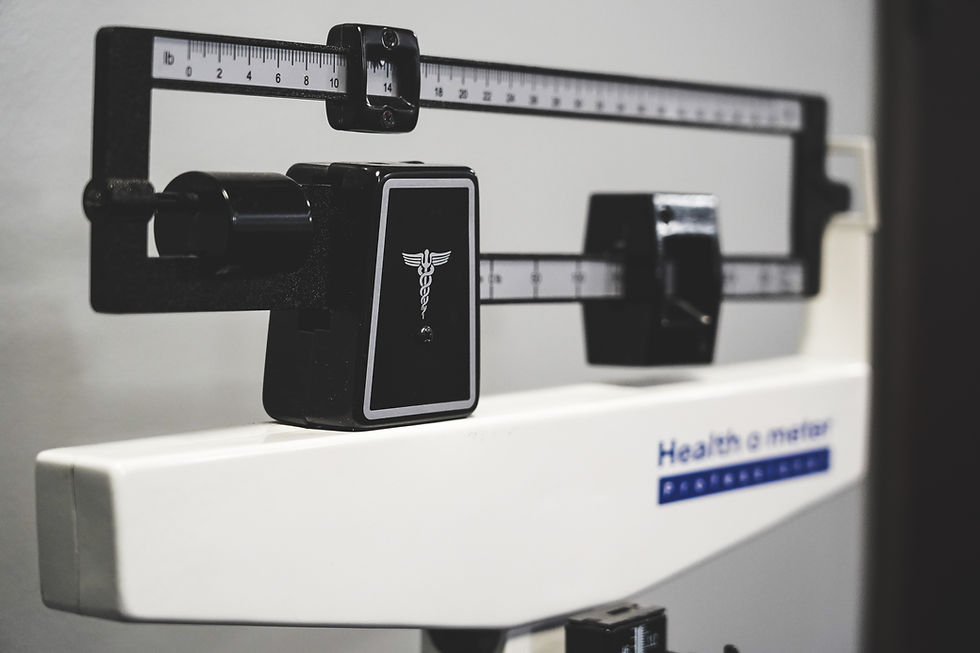5 arm and shoulder-friendly exercises you can do at home
- MRPY Professional Services

- May 19, 2025
- 3 min read
If you've injured your hand, arm, or shoulder – you might think you have to abstain completely from exercise while you recover. With the right workout program, however, you can rest your upper extremities while getting a bit of physical activity in other areas of the body. Many veterans experience service-connected conditions that cause chronic pain or inflammation in the upper extremities, whether from a specific service event or due to the physical wear and tear that years of military service can bring.
First things first: Don't forget to consult your doctor before starting a new workout program. It's a good idea even when you don't have a condition or injury – and a necessity if you're unsure about your own mobility while recovering. Severe injuries to the arms or shoulders might need more downtime.
If you're recording from an injury or have limited mobility in your upper extremities, you can try these 5 gentle exercises from the comfort of your own home:
Standing calf raises
Start by standing upright, either facing the wall with your hands pressed lightly against it or by gently holding onto a table to keep your balance. Without putting any weight on your hands, raise your heels off the ground slowly so that you're balanced on your toes. You should feel the exercise in your calves. Try to do this 10 times in a row.
Muscles targeted: Calves, ankles, lower legs
Glute bridges from the floor
Glute bridges are a great way to work the glutes and hamstrings without using any upper body strength. Lying on your back on the floor with bent knees and feet shoulder width apart, raise your hips until your body makes a straight line. Hold this position for a few seconds before dropping your hips to the floor. Aim for 10 to 15 times in a row, if comfortable.
Muscles targeted: Glutes, hamstrings
Step ups
Step ups can easily be done on a sturdy, wide staircase or a reliable step stool. Like climbing the stairs but remaining in one place, simply step one foot up and then bring the other up to meet it. Step down each foot one at a time. Repeat these movements, going up and down for at least 10 times. This is an ideal way to work legs and glutes while avoiding the upper extremities.
Muscles targeted: Quads, glutes, hamstrings, calves
Seated abdominal twists
To work your core, begin by sitting in a chair with your feet flat on the floor. Next, hold your hands together near your abdomen and twist your upper body slowly from left to right. Make sure to engage those core muscles. For a more advanced version, try holding a weighted dumbbell or other weighted object.
Muscles targeted: Abs, lower back
Stepping in place
If you'd like to try step ups (above) but need to start with something lighter, stepping in place on flat ground can be a great substitute. This gentle cardio exercise starts by standing tall on flat flooring. Slowly lift one knee up to hip height or as high as you can, then lower it back down and do the other side as if you're marching. It's basically like walking without going anywhere – more so focusing on the balance and feeling your muscles work.
Muscles targeted: Hip flexors, core, quads
Do you need medical documentation to prove your condition to the VA?
We can help you with Nexus Letters, DBQs, chart reviews, and more to compile a claim that gets results from the VA. Get what you need to be prepared by signing up for a chart review, or view our other services here. Rather than trying to figure it out alone, try working with one of our professional medical experts to get exactly what you need.





Comments